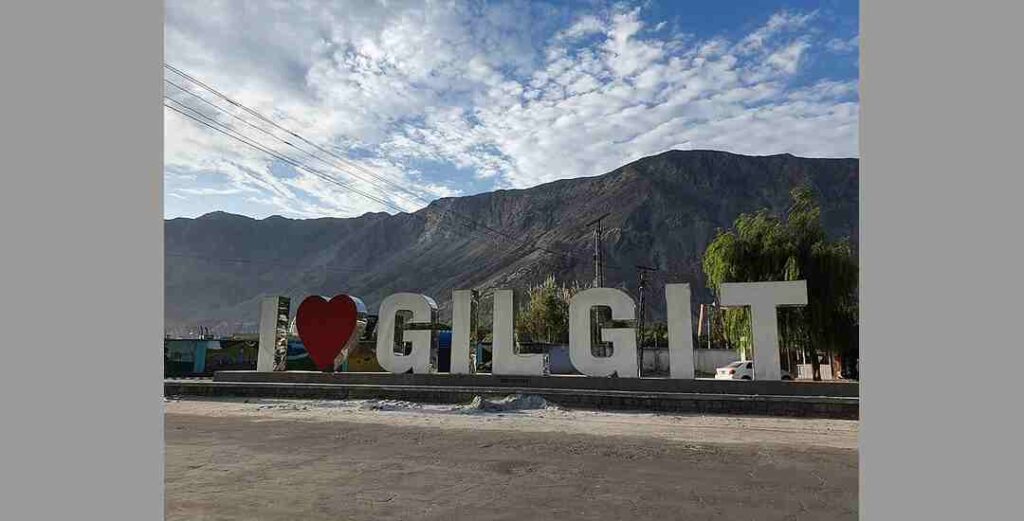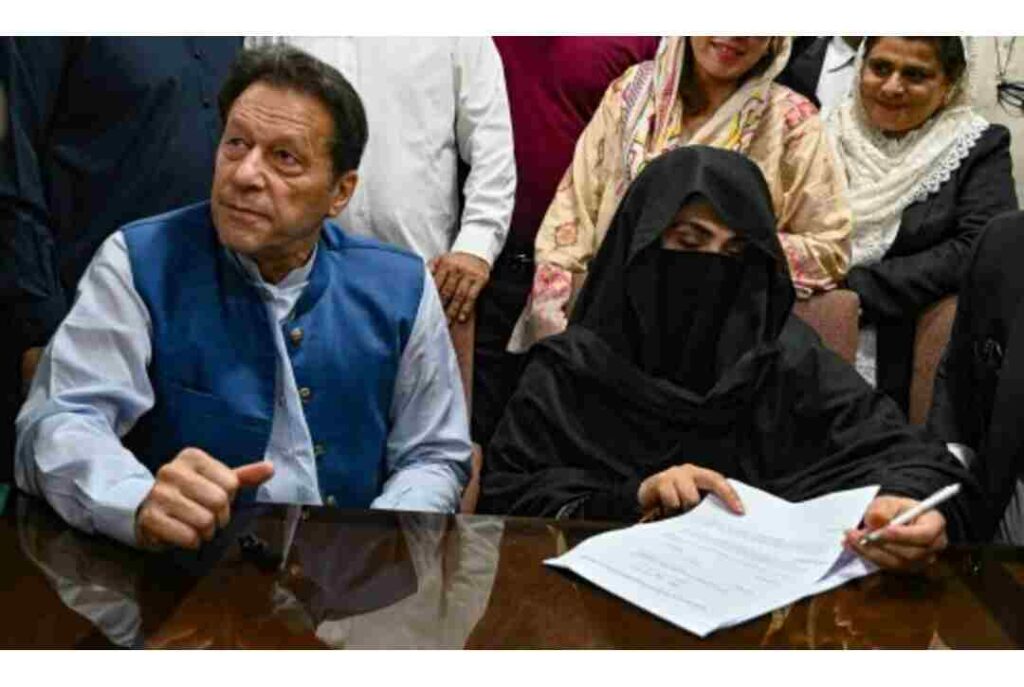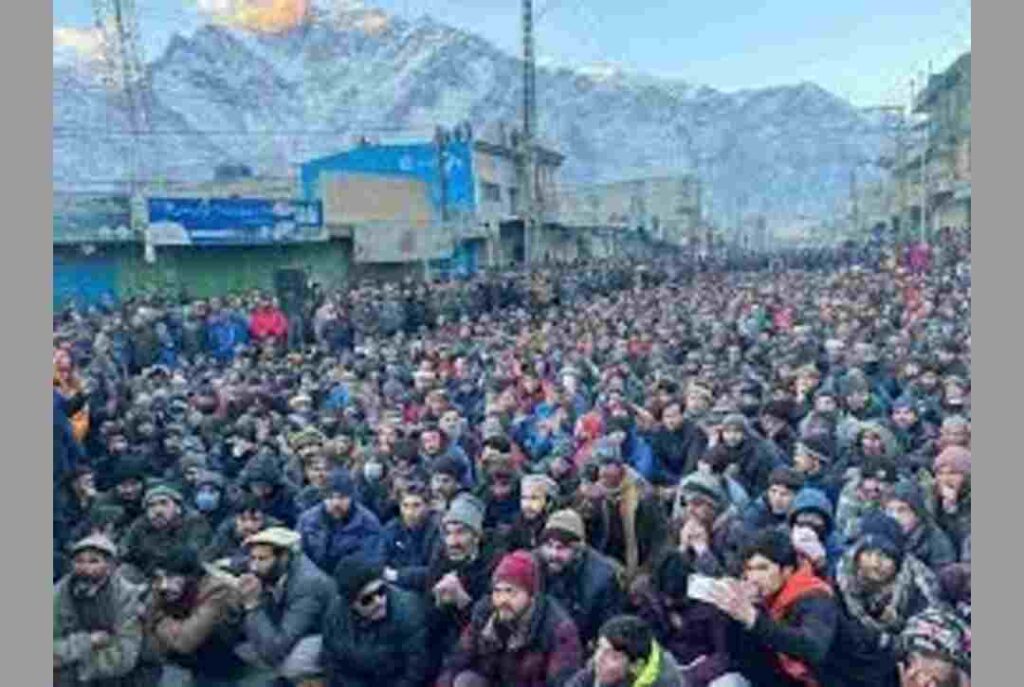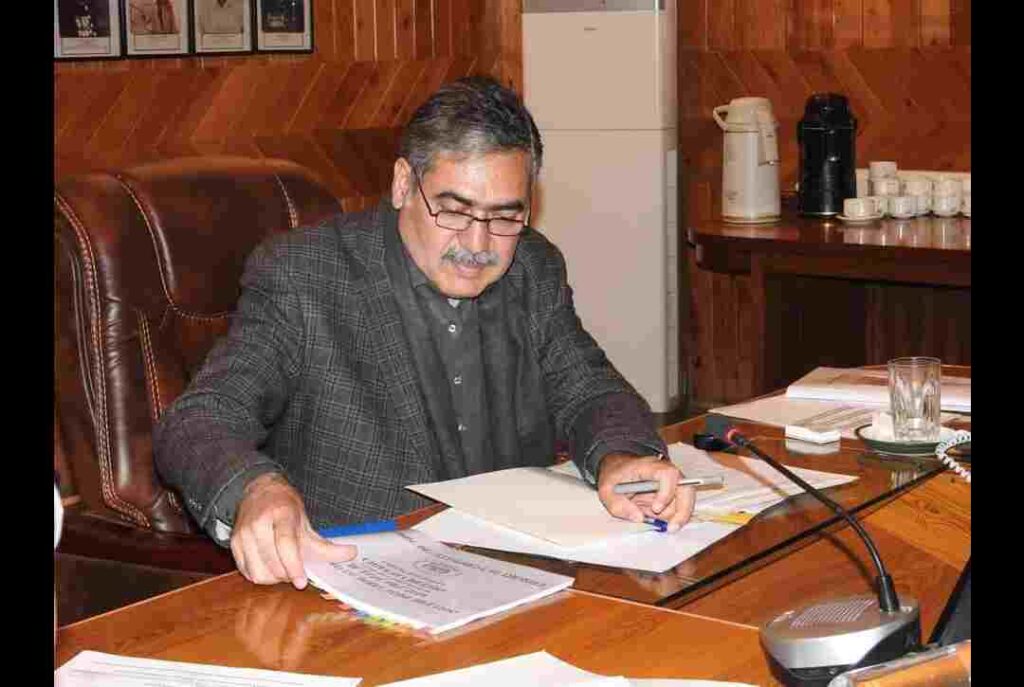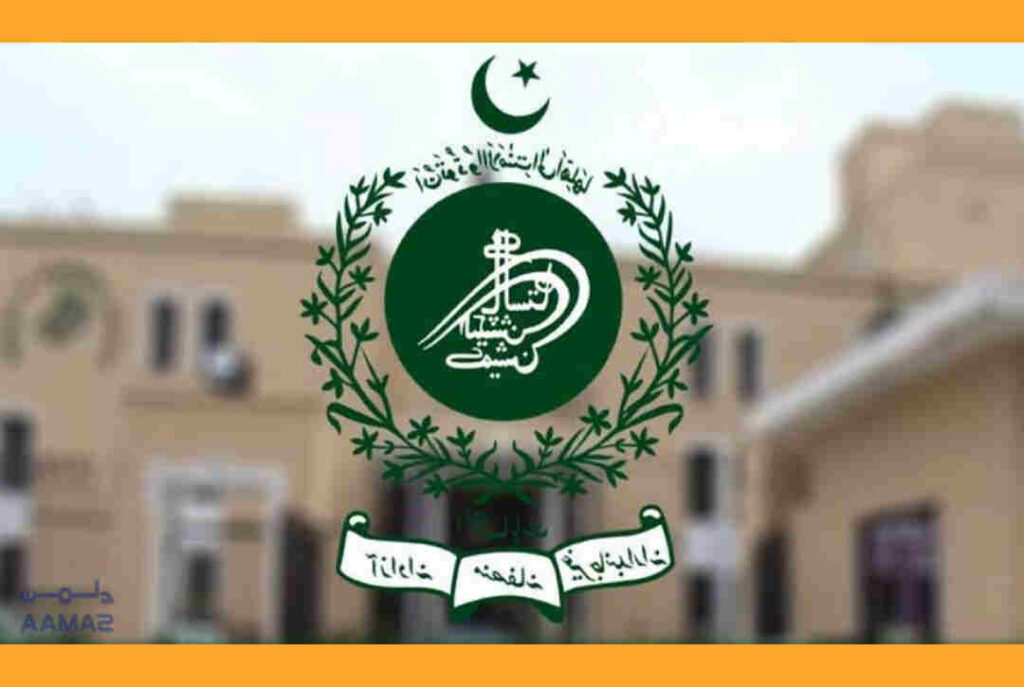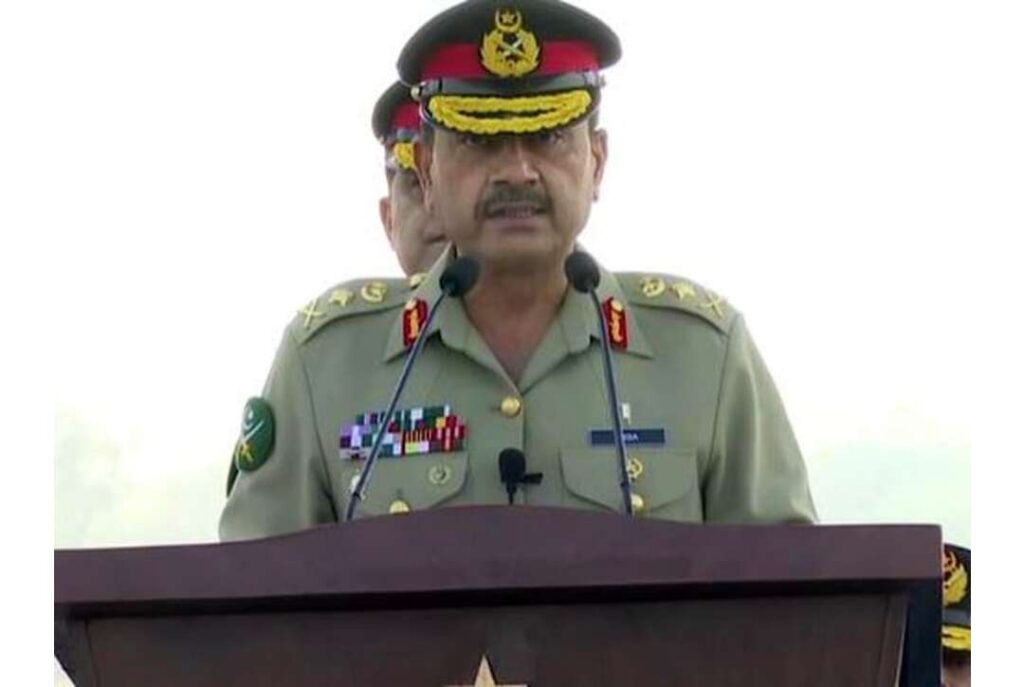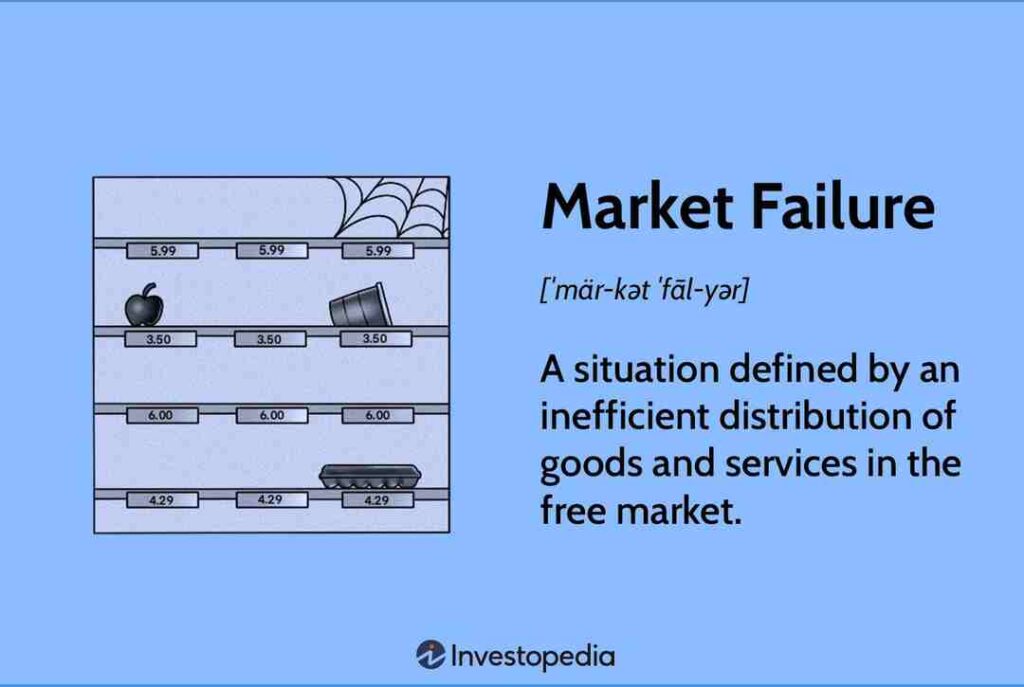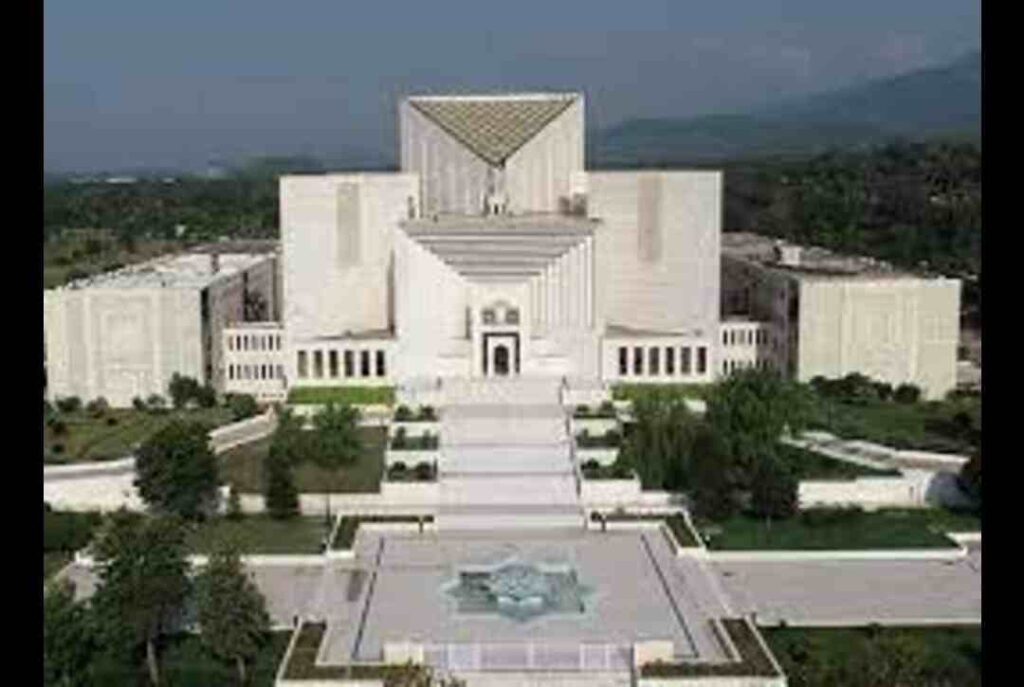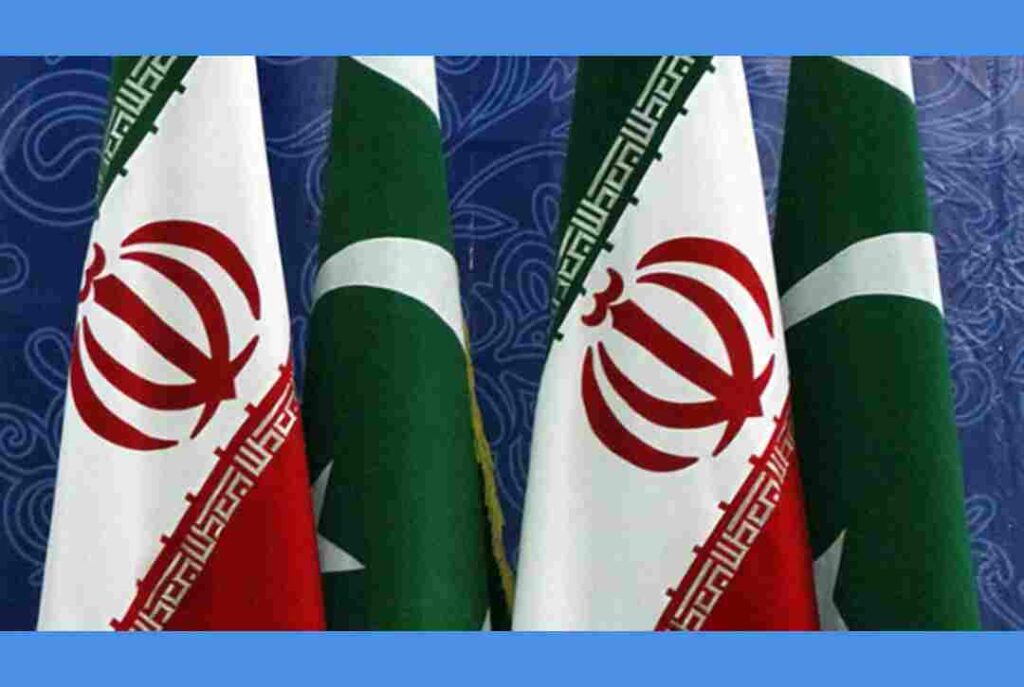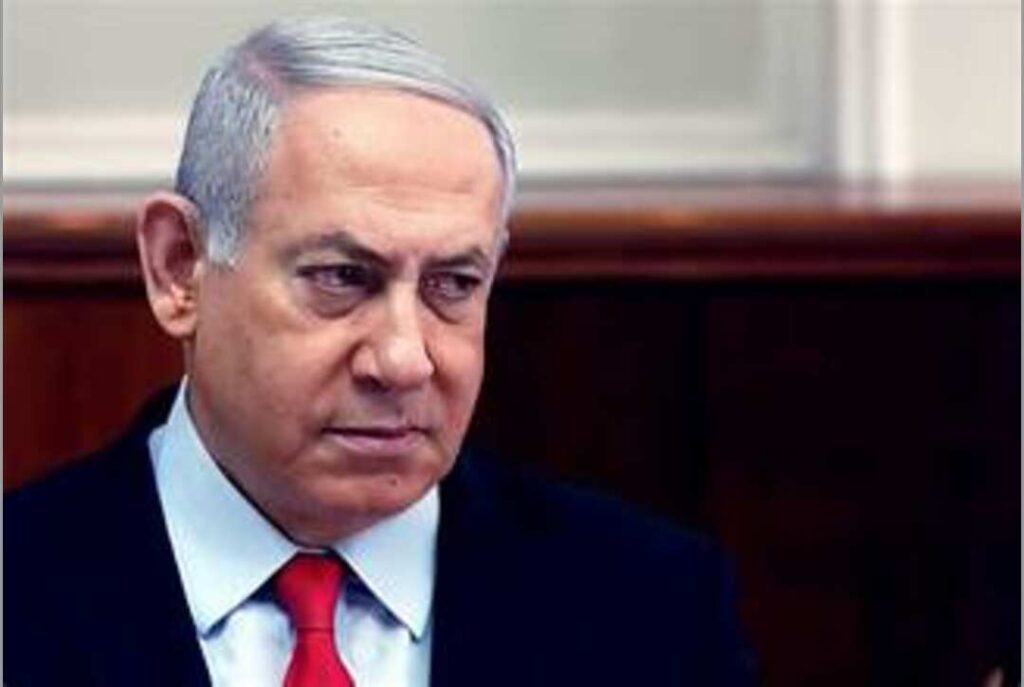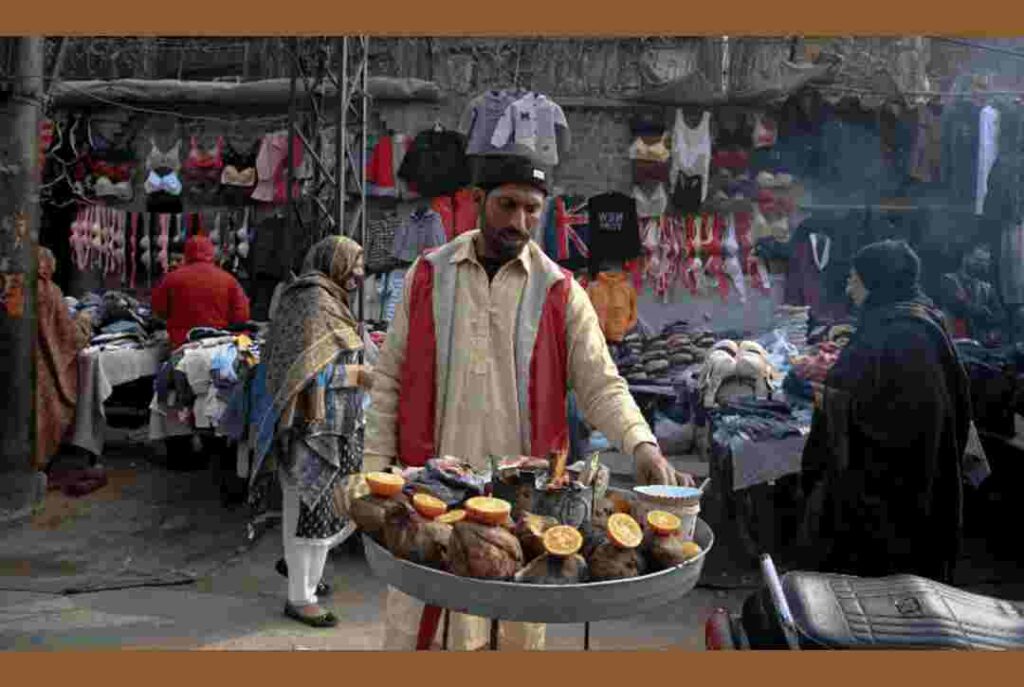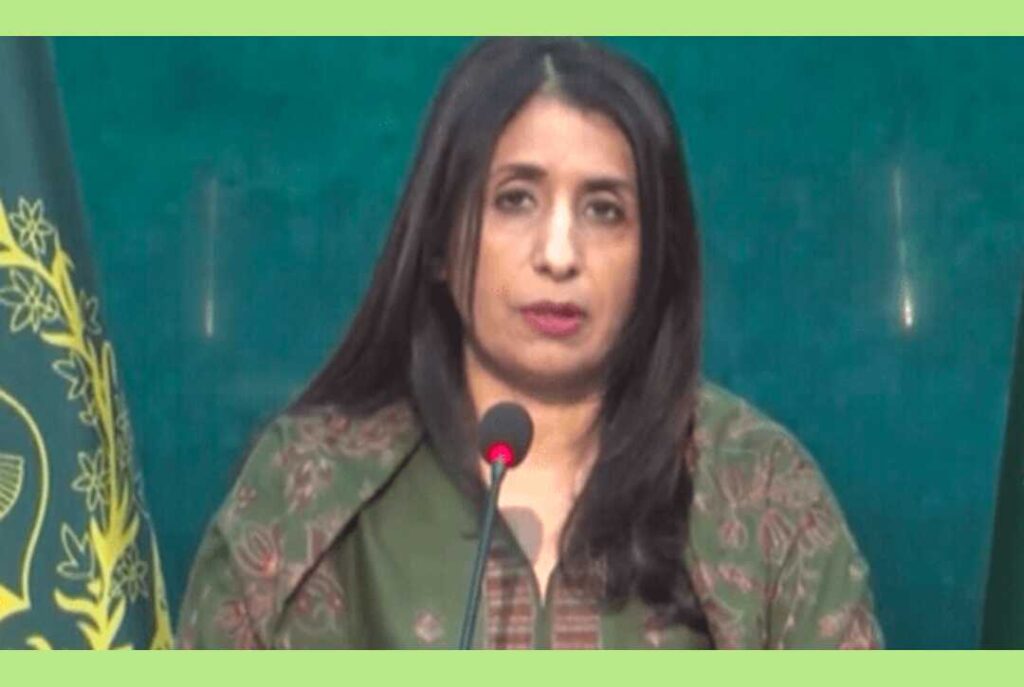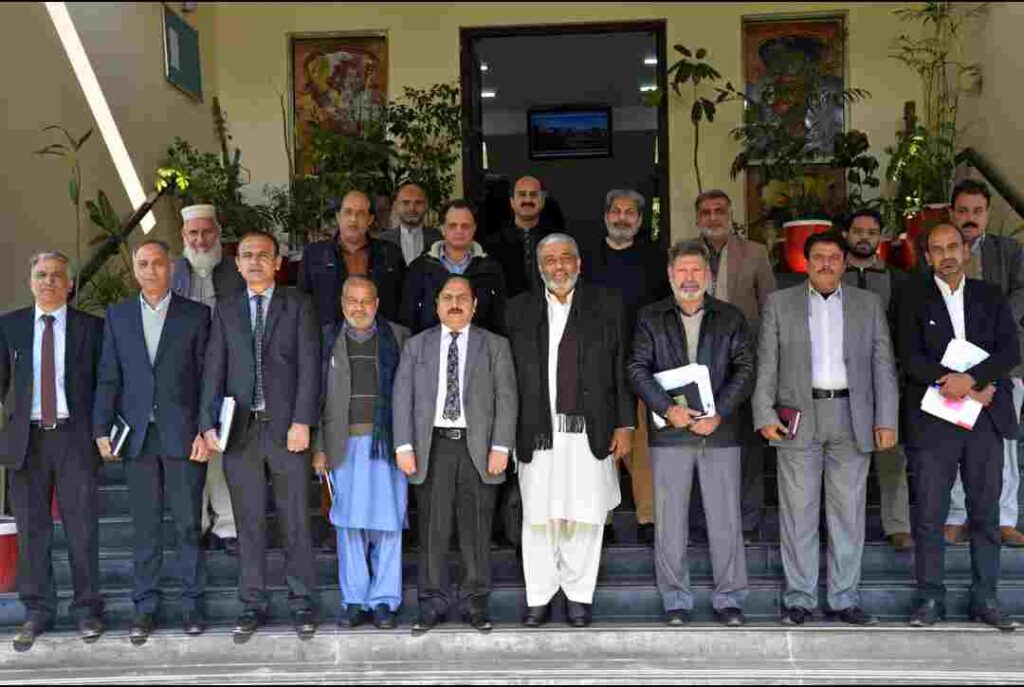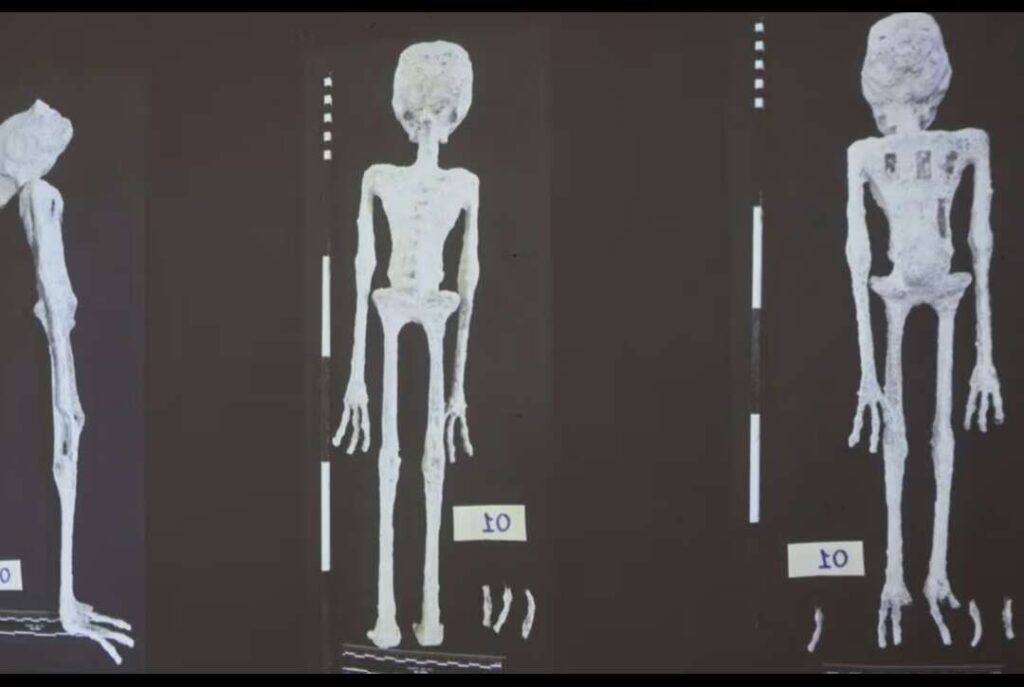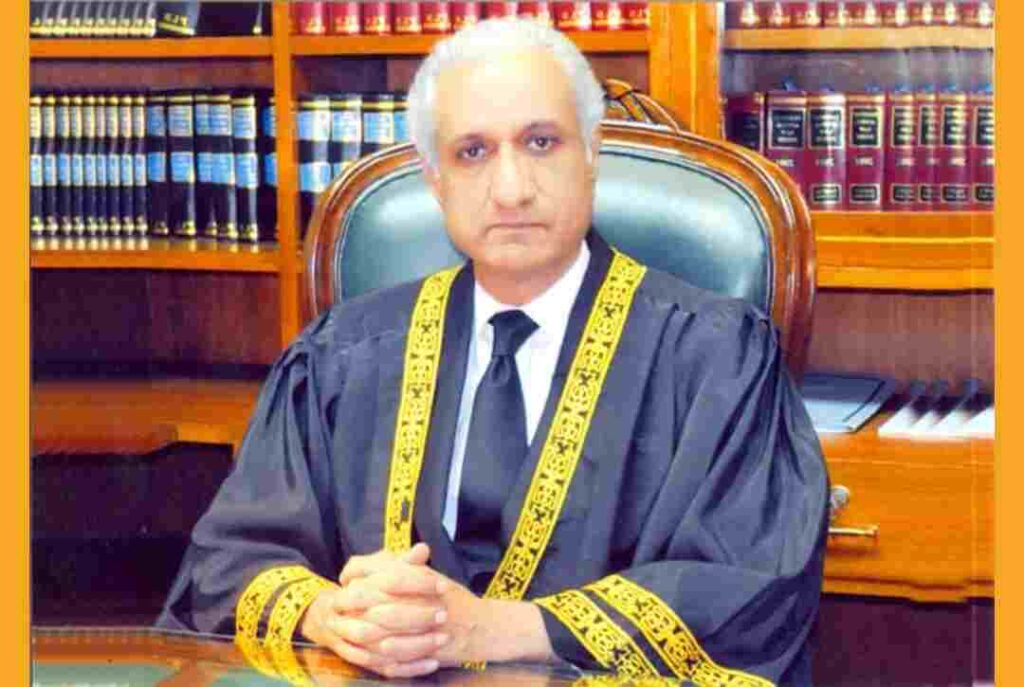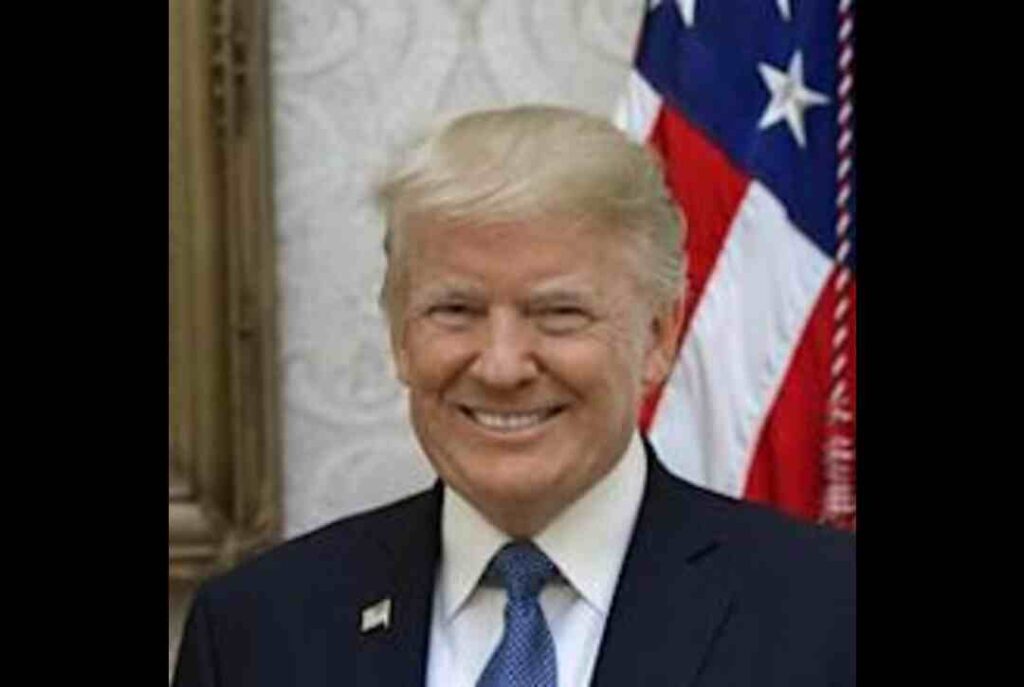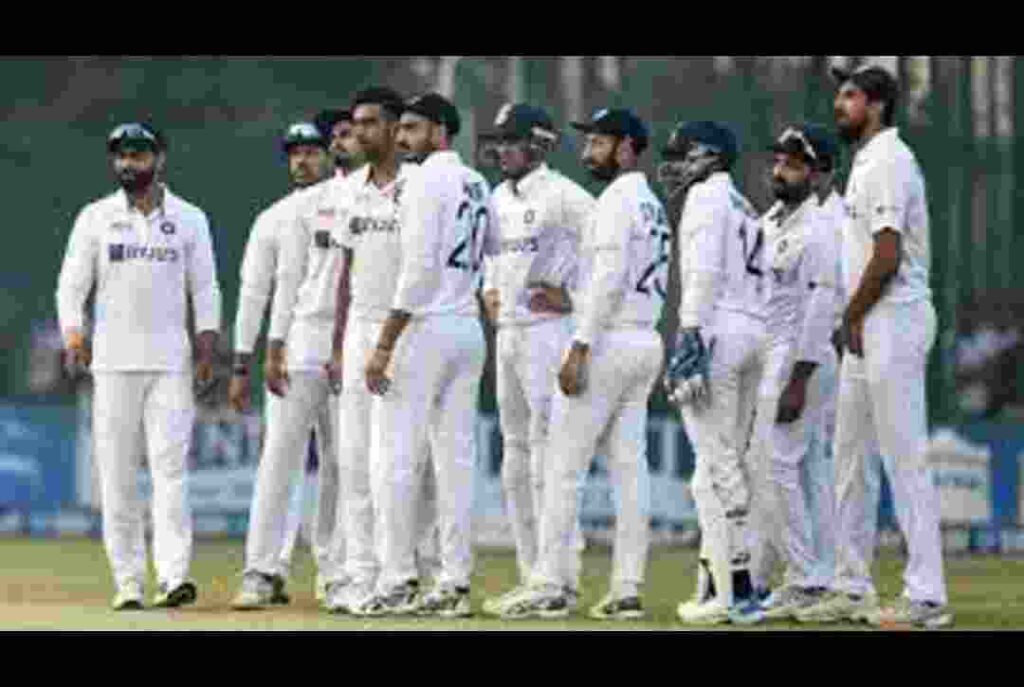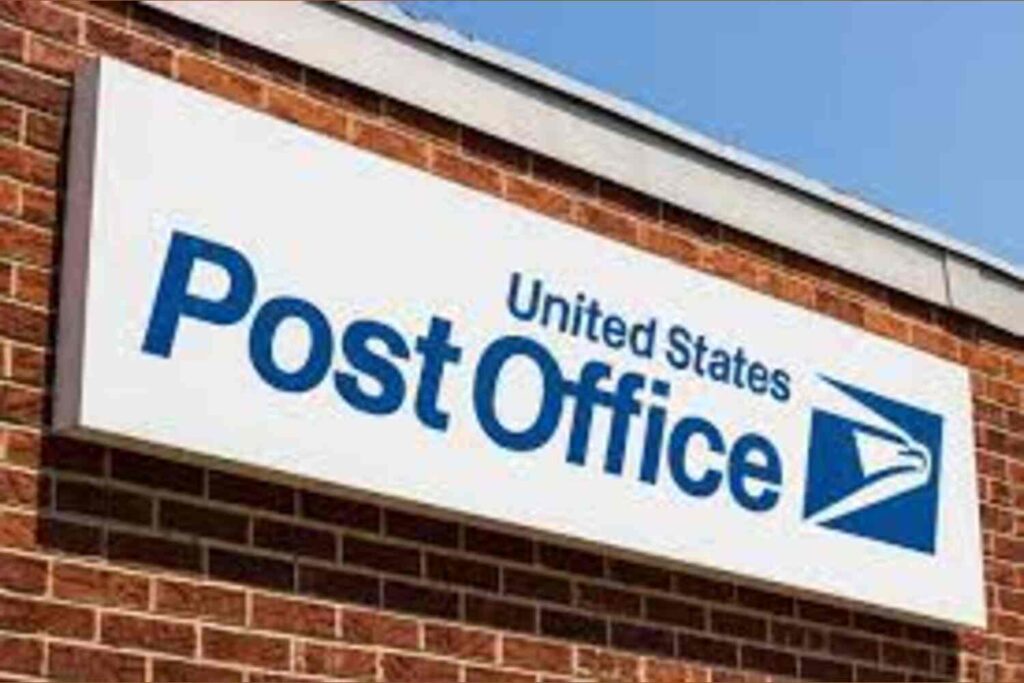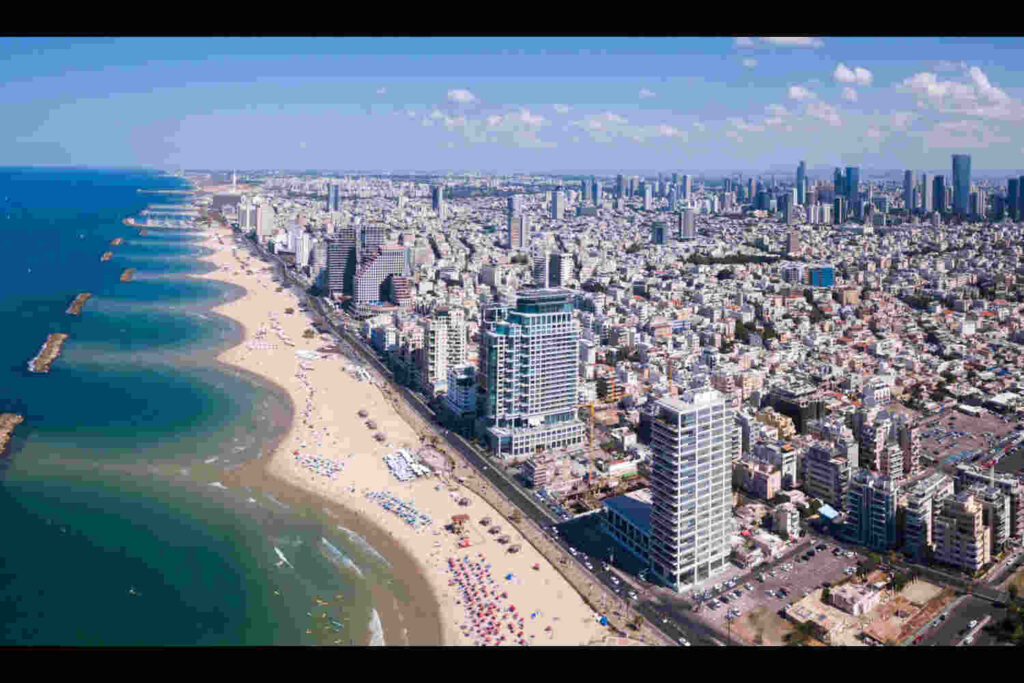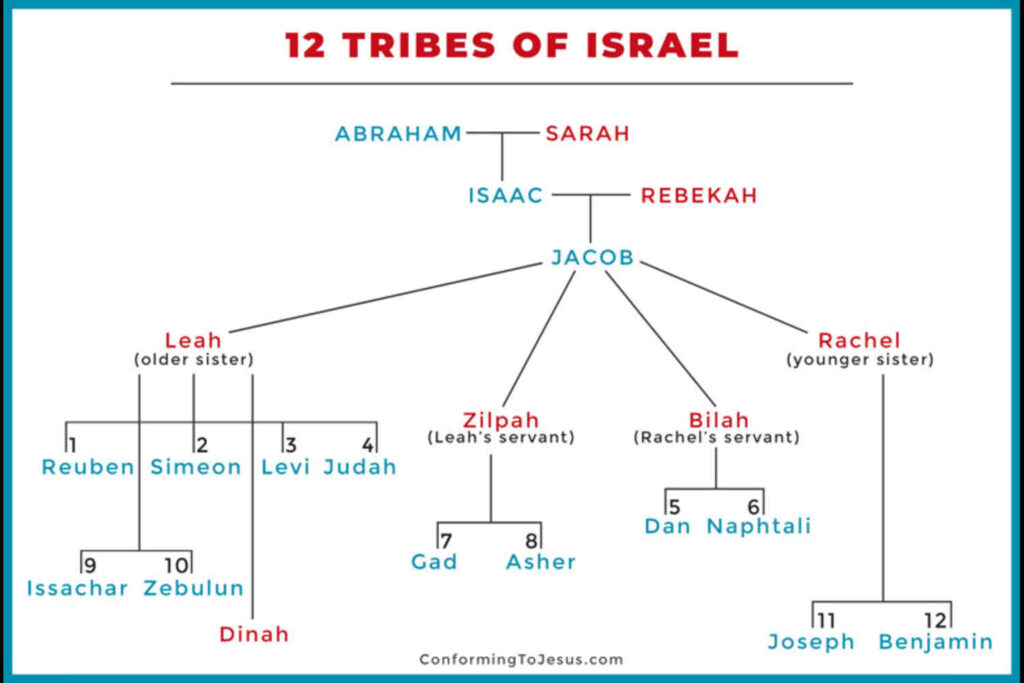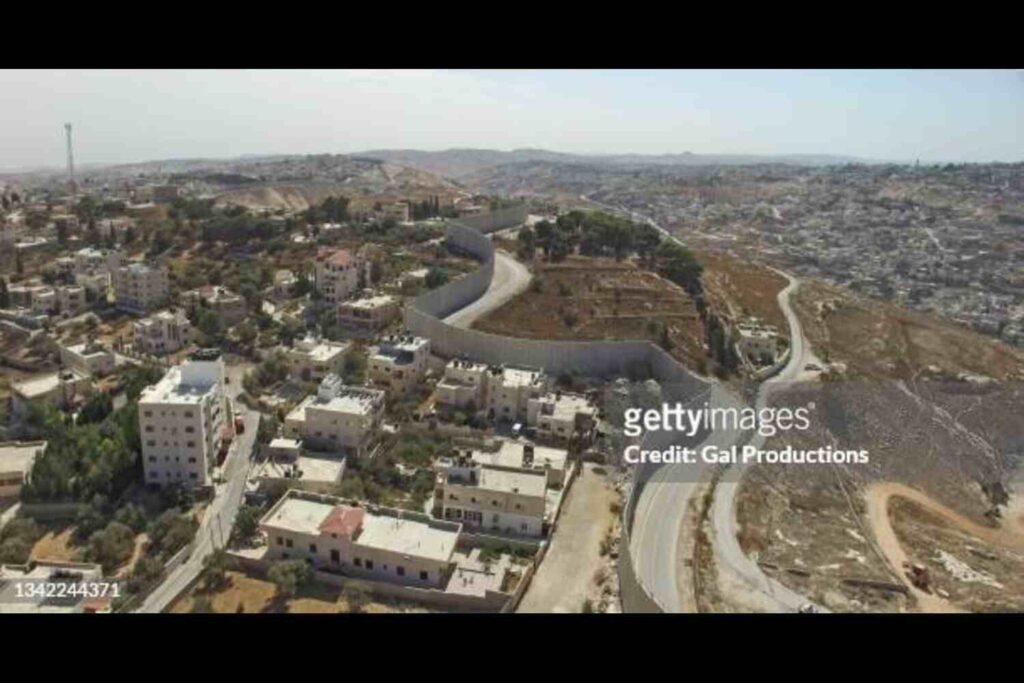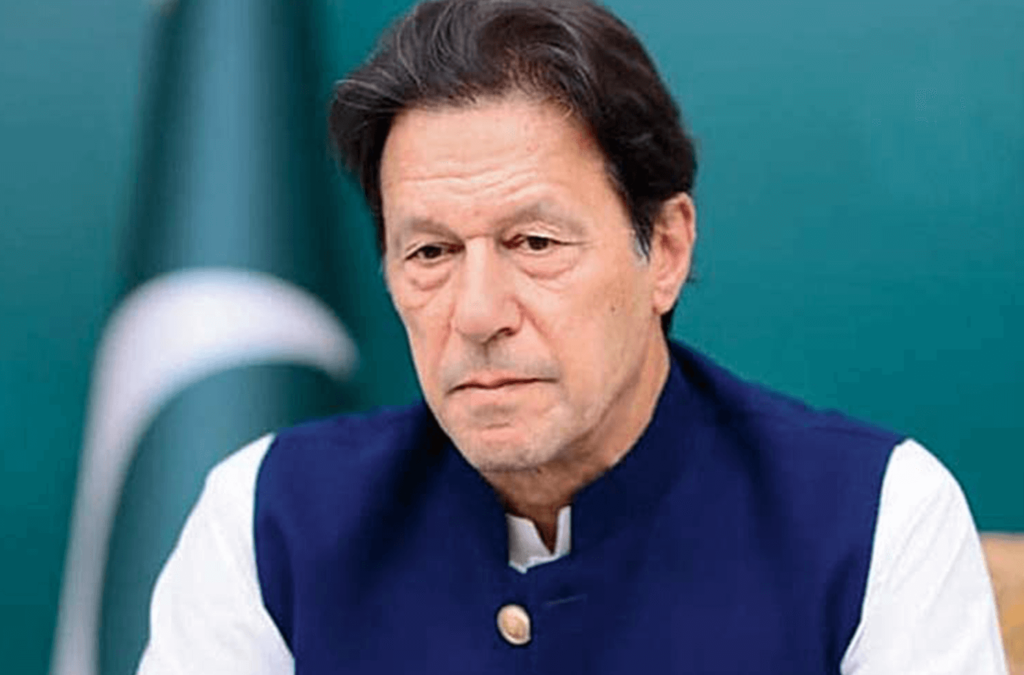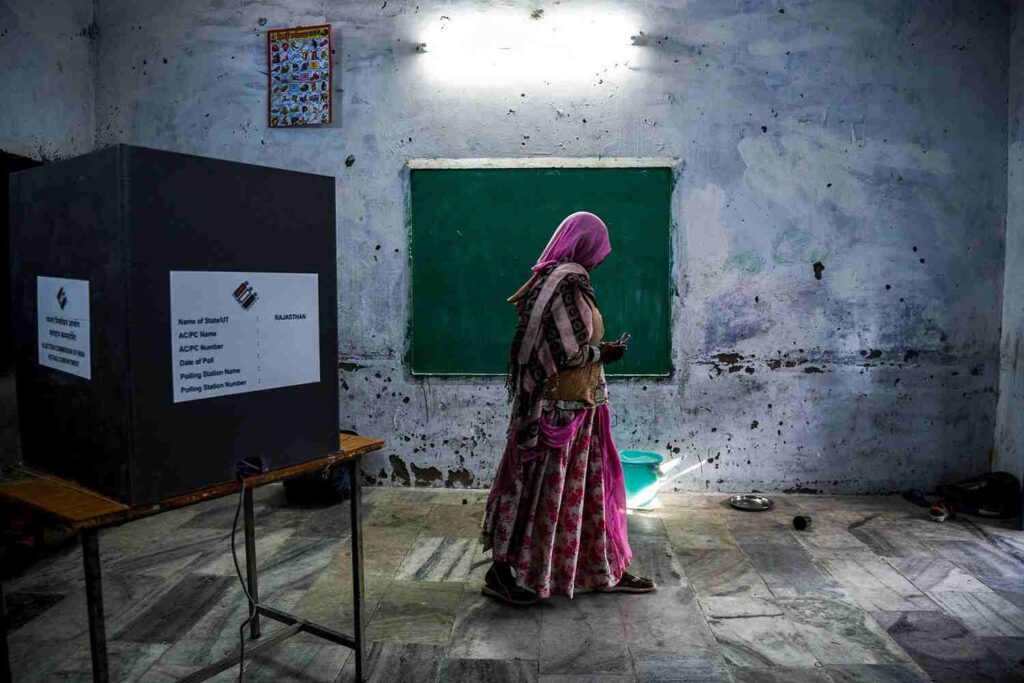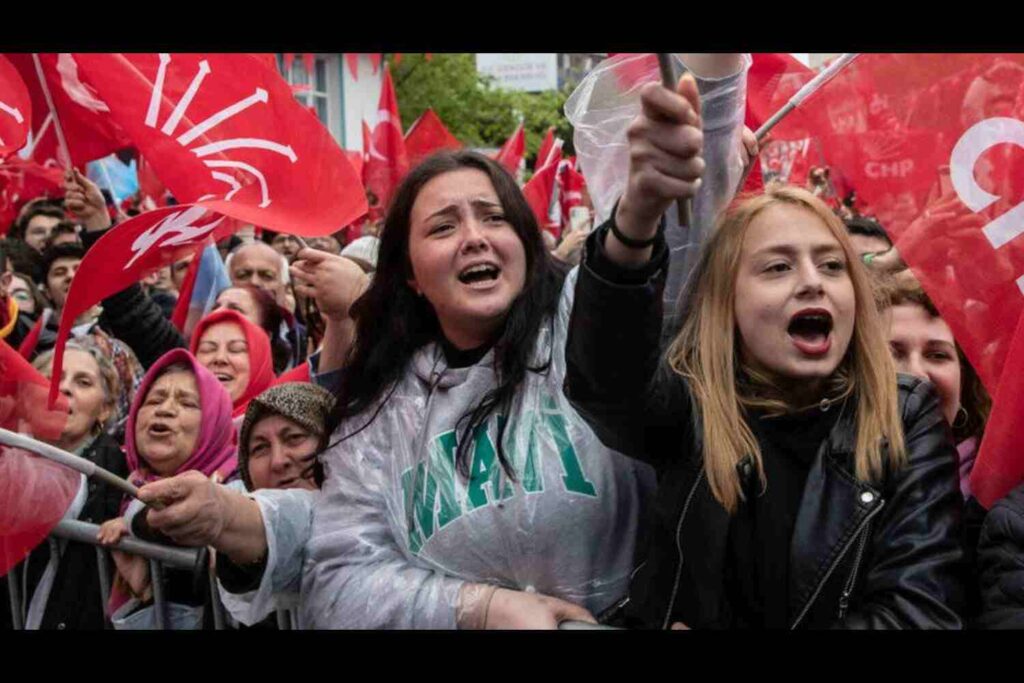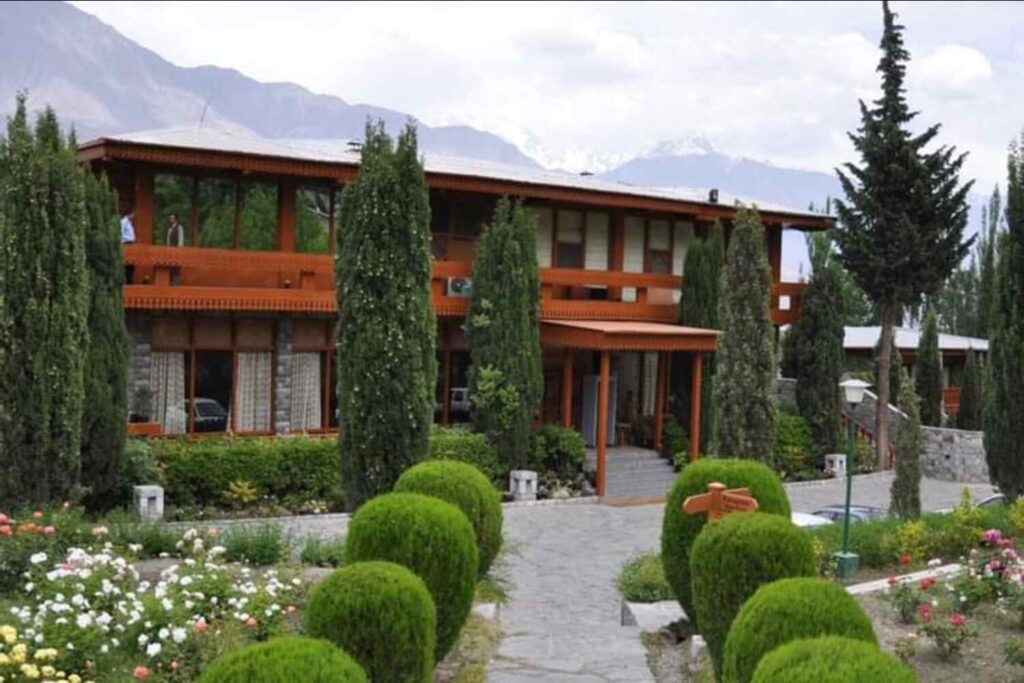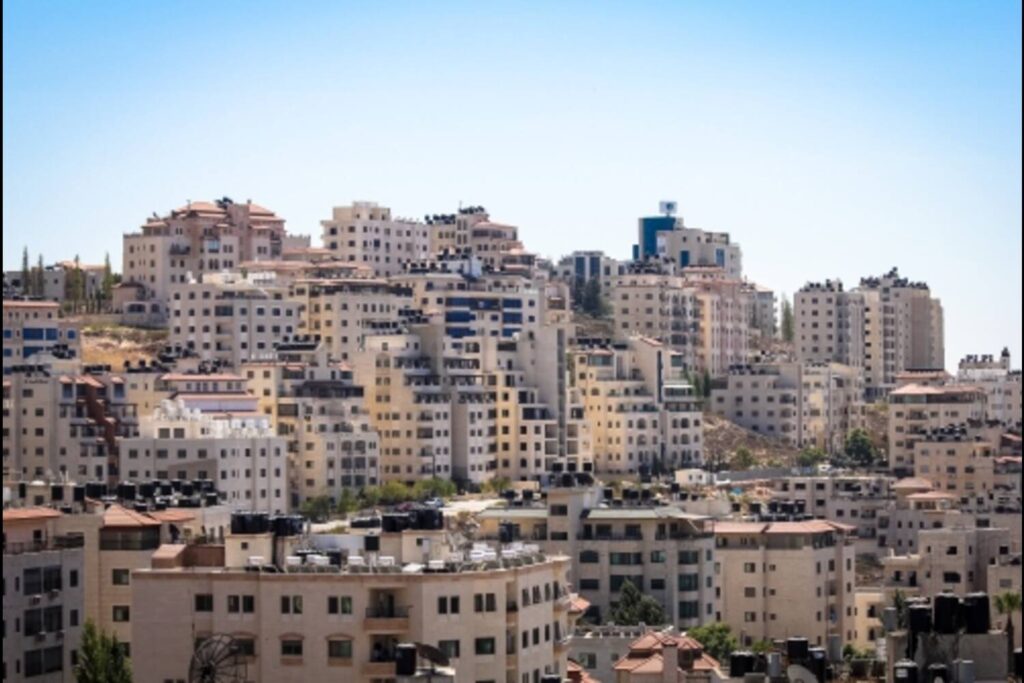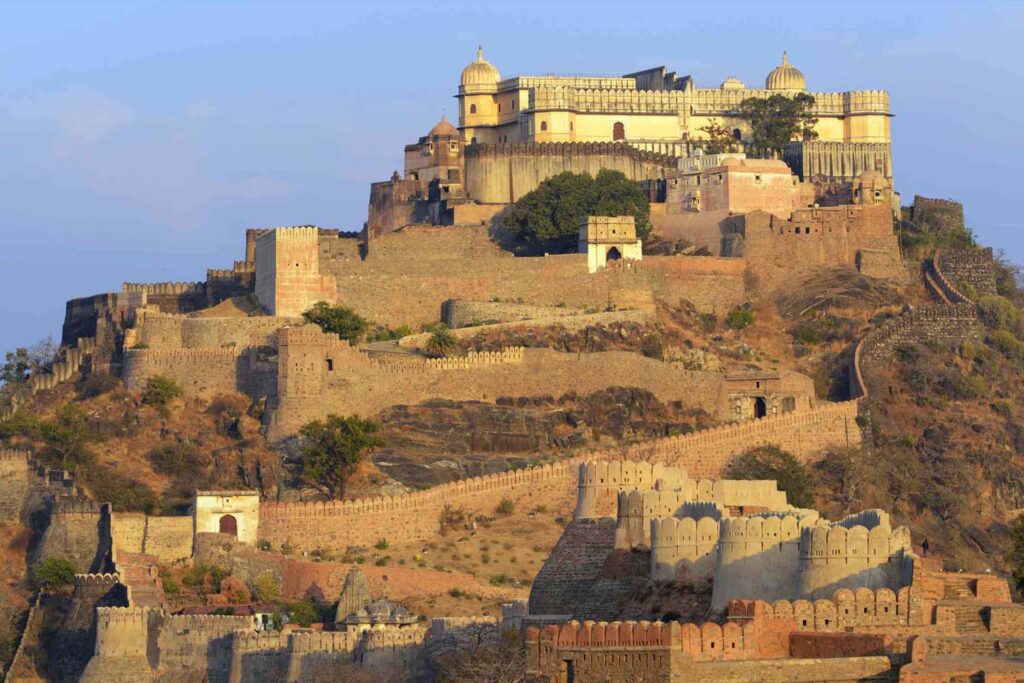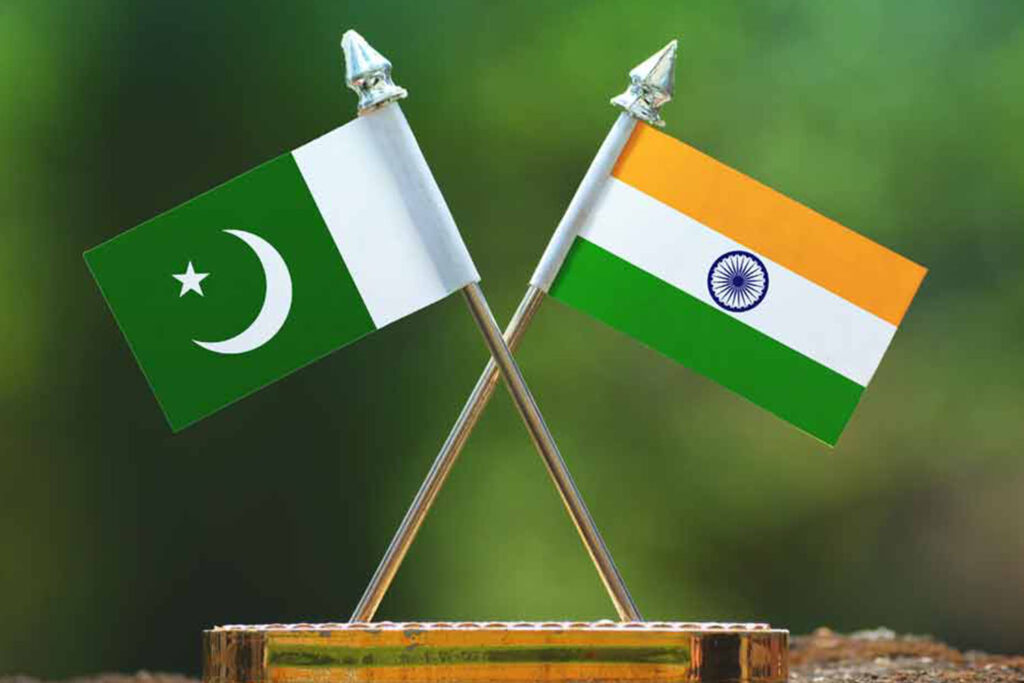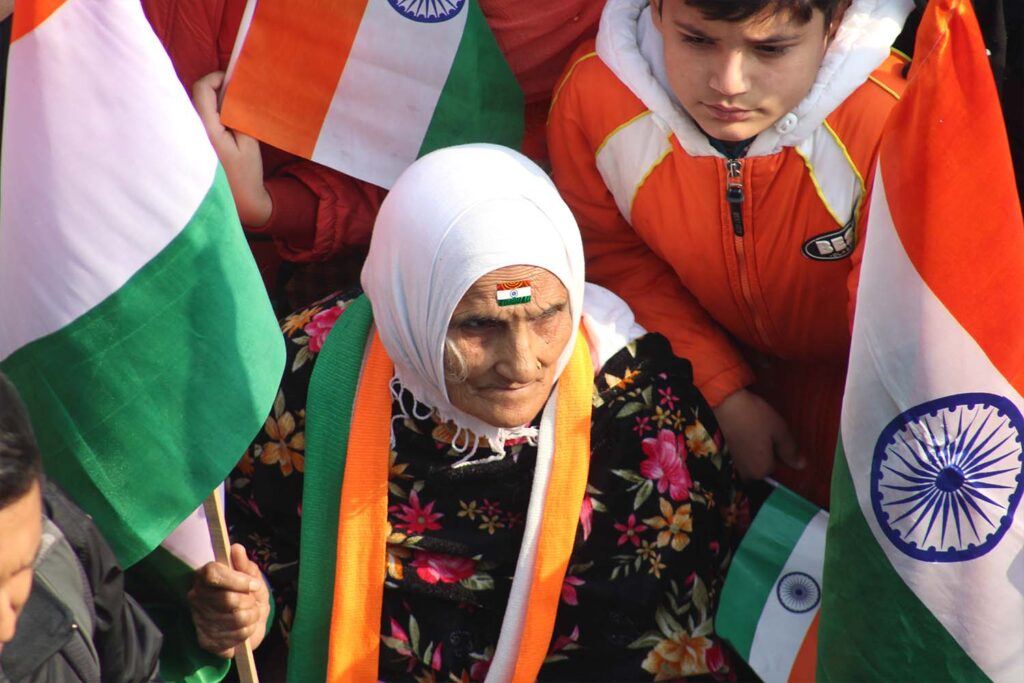Turkey Elections 2023: A Critical Test for Democracy
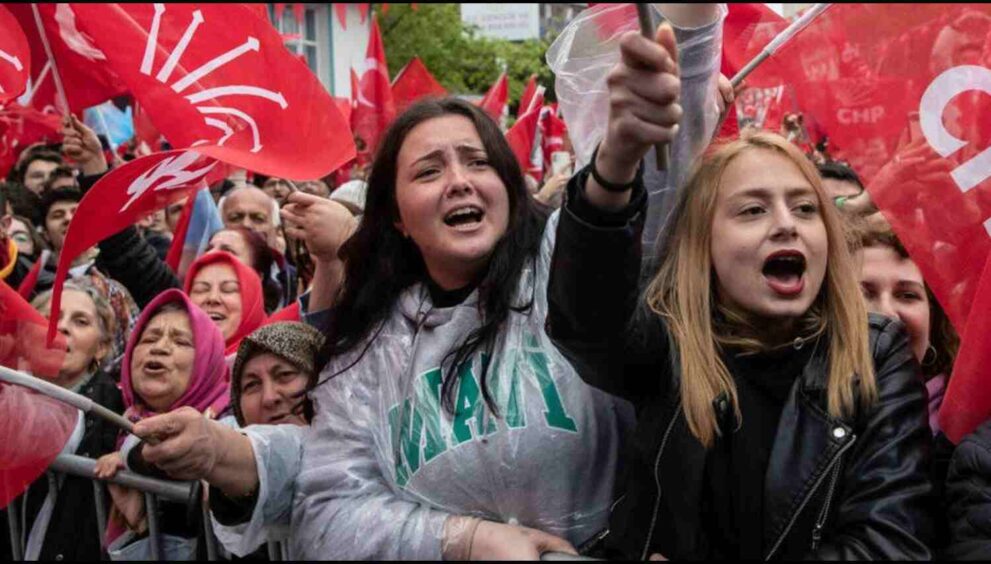
Turkey is heading for a crucial presidential runoff election on May 28, 2023, after none of the candidates managed to secure more than 50% of the vote in the first round of Turkey elections 2023 (May 14).
The incumbent president, Recep Tayyip Erdoğan, faces a strong challenge from his main rival, Kemal Kılıçdaroğlu, the leader of the main opposition party, CHP. The outcome of this election will have significant implications for Turkey’s domestic and foreign policy, as well as its relations with its NATO allies and regional neighbors.
The Background
Erdoğan has been in power for 20 years, first as prime minister from 2003 to 2014, and then as president since 2014. He has overseen a period of rapid economic growth, social development, and infrastructure expansion in Turkey, but also faced criticism for his authoritarian tendencies, crackdown on dissent, and erosion of democratic institutions. In 2018, he won a constitutional referendum that abolished the post of prime minister and granted him sweeping executive powers under a new presidential system.
Kılıçdaroğlu has led the CHP, the secular and center-left party that traces its roots to the founder of modern Turkey, Mustafa Kemal Atatürk, since 2010. He has positioned himself as a defender of democracy, human rights, and the rule of law, and vowed to reverse Erdoğan’s constitutional changes and restore parliamentary democracy if elected. He has also promised to tackle Turkey’s economic woes, which have been exacerbated by the coronavirus pandemic, inflation, unemployment, and currency devaluation.
The First Round
The first round of the Turkey elections 2023 on May 14 was a close race between Erdoğan and Kılıçdaroğlu, who both outperformed expectations but failed to reach the 50% threshold to win outright. According to the official results announced by the Supreme Electoral Board (YSK), Erdoğan received 49.51% of the vote, while Kılıçdaroğlu received 44.88%. A nationalist third candidate, Sinan Oğan, emerged as a potential kingmaker after picking up 5.17% of the vote.
The parliamentary election held on the same day resulted in a victory for Erdoğan’s right-wing AK Party and its ultra-nationalist ally MHP, who together secured 51.2% of the vote and 312 seats out of 600 in the Grand National Assembly. However, they fell short of the 360 seats needed to amend the constitution without a referendum. The opposition Nation Alliance, composed of six parties led by CHP and supported by the pro-Kurdish HDP, won 48.8% of the vote and 288 seats in the Turkey elections 2023.
The Runoff
The runoff election on May 28 will be a decisive moment for Turkey’s future direction. Erdoğan will seek to mobilize his loyal base and appeal to nationalist voters who backed Oğan in the first round. He will also emphasize his achievements in foreign policy, such as his mediation role in regional conflicts, his defense of Palestinian rights, and his resistance to Western pressure. He will portray himself as a strong and experienced leader who can protect Turkey’s interests and stability.
Kılıçdaroğlu will try to attract undecided voters and those who are dissatisfied with Erdoğan’s rule. He will also reach out to Kurdish voters who make up about 15% of the electorate and have been marginalized by Erdoğan’s policies. He will stress his vision for a more inclusive and pluralistic Turkey that respects diversity and democracy. He will present himself as a moderate and pragmatic leader who can restore trust and cooperation with Turkey’s allies and partners.
The Implications
The outcome of the runoff election will have major consequences for Turkey’s domestic and foreign policy. If Erdoğan wins, he will consolidate his grip on power and continue his agenda of transforming Turkey into a more conservative and nationalist state. He will also pursue a more assertive and independent foreign policy that challenges Western interests and values. He may face more social unrest and international isolation as a result.
If Kılıçdaroğlu wins, he will face the daunting task of reversing Erdoğan’s constitutional changes and restoring parliamentary democracy. He will also have to deal with a divided parliament and a hostile judiciary that are dominated by Erdoğan’s AK Party and its nationalist ally MHP.
The stakes are high for both candidates and for Turkey as a whole. The next president will have to deal with multiple challenges at home and abroad, such as economic recession, earthquake recovery, refugee crisis, security threats, human rights issues, and diplomatic tensions.
Whoever wins the Turkey elections 2023 will have to lead Turkey through these turbulent times and shape its future for years to come.

 English
English 


